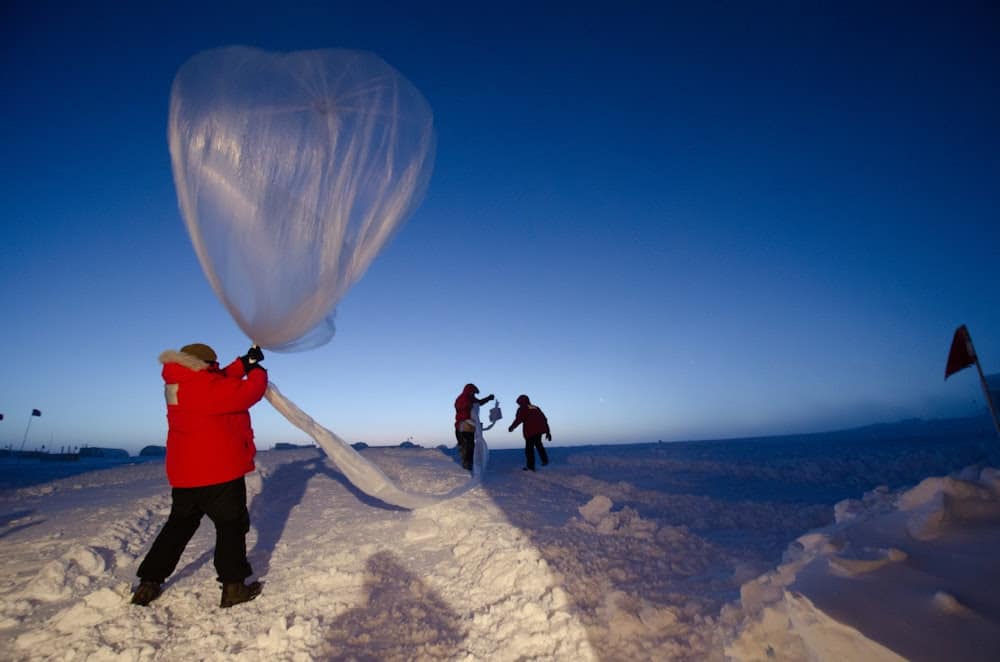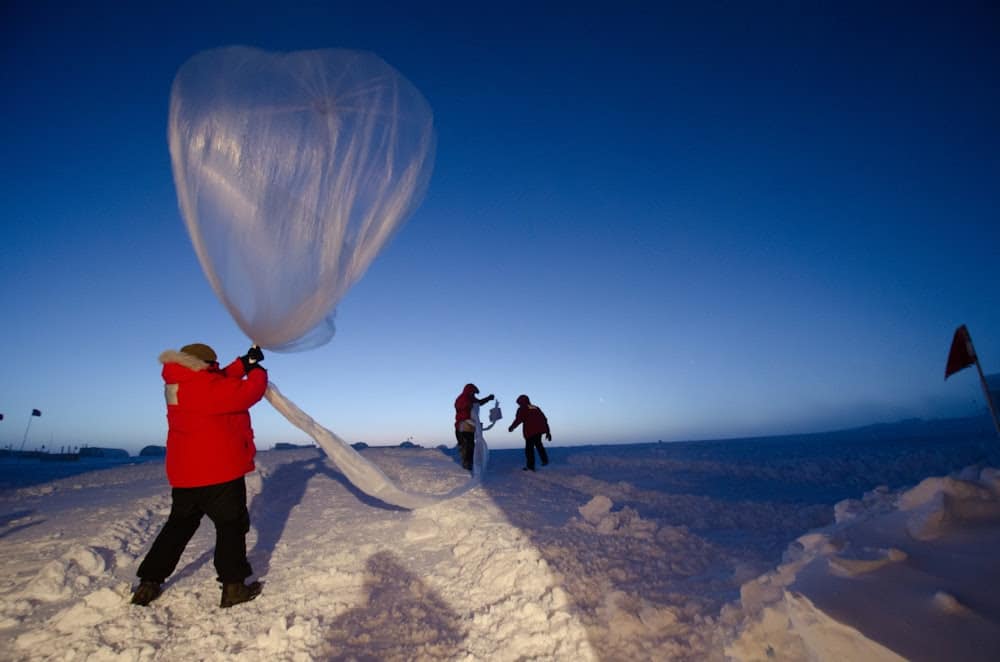
A study by a team of researchers at the University of Hamburg specializing in the study of social and climate dynamics related to the environment believes that limiting warming to 1.5˚C is no longer achievable and that social changes are essential to mitigate the effects of global warming.
The goal set by the Paris Agreement in 2015 to limit global warming to 1.5˚C is no longer realistic knowing that warming is already 1.1˚C worldwide, a higher rise in some countries, such as 1.7˚C in France for example, and accompanied by extreme weather events, floods, heat waves or cold waves. Achieving such a goal would require profound social changes that a team of experts from the University of Hamburg, called Climate, Climatic Change, and Society or CLICCS, decided to study. Composed of sixty experts from the fields of economics, environment and social sciences, the team has already published a report in 2021 on the decarbonization of our economy, the means to implement and those to avoid.

That report estimated that limiting global warming to 1.7˚C was still possible. In a new report, the group now believes it is nearly impossible for global warming to stay below 2˚C. Professor Anita Engels, a member and lecturer of the LINCSC, says in a statement that some things have been set in motion regarding climate protection. But if you look in detail at the development of social processes, keeping global warming below 1.5˚C is still not plausible.
To arrive at these claims, the scientists studied ten important drivers of social change, U.N. climate governance, transnational initiatives, regulation, climate-related protests and social movements, climate litigation, fossil fuel divestment, knowledge production, media, corporate response, and finally consumption patterns. The first seven items encourage decarbonization, which will remain insufficient by 2050.

The media occupy an ambivalent position, in some cases encouraging the climate cause and in other cases slowing it down. The last two items, consumption and the response of companies slow down decarbonization. The scientists also looked at the thresholds that must not be crossed to avoid irreversible consequences for the climate and temperatures, called tipping points.
The panel cites permafrost thawing, the Atlantic meridional overturning circulation, a North Atlantic Ocean current from the tropics, and Amazon forest dieback, among others. On the other hand, scientists believe, for example, that the melting of ice and its consequences on rising water levels will have an environmental impact but will not directly modify temperatures.
Jochem Marotzke, of the Max Planck Institute for Meteorology and a speaker at the CLICCS, says some tipping points could radically change conditions on Earth but are irrelevant to meeting the temperature targets of the Paris Agreement. The panel also sees a need to consider current events as they influence each of these factors, such as the Covid-19 pandemic or the conflict in Ukraine and the need to move away from dependence on Russian gas.

The report indicates that the economic reconstruction process is increasing dependence on fossil fuels and greenhouse gas emissions. The panel’s modelling of temperature increases by the end of the century also takes into account all environmental factors. The report concludes that global deep decarbonization by 2050 is not plausible given the observable trajectories of social drivers, and Professor Anita Engels regrets that the required deep decarbonization is progressing too slowly.
According to the study, it is social changes that will lead the fight against global warming, and it encourages maintaining what is already being done and preparing for rapid adaptation in the face of rising temperatures. The researchers believe, however, that human action is strongly shaped by social inequities and inequalities that inhibit social momentum toward deep decarbonization before 2050.




